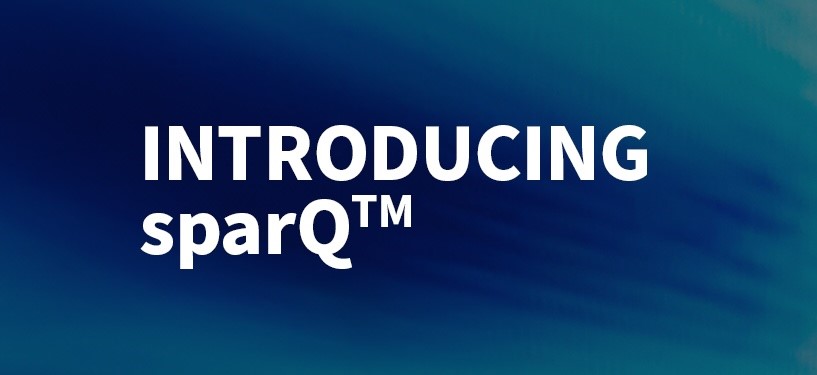Accountability. What reaction do you have to that word? Too often, accountability focuses on what went wrong and who’s at fault. As human beings, we tend to hyperfocus on negative outcomes. This negativity bias is part of our fundamental psychology. We tend to allow negative events to have a larger impact on behavior and perceptions than positive ones.
In today’s world, accountability is an essential aspect of any successful workplace. Even though we have this innate bias, accountability can have a profound positive effect on motivation.
Neuroscience research has shown that accountability activates the brain’s reward center, releasing dopamine when we accomplish our goals. This chemical response reinforces the behavior of being held accountable, making it more likely that we will continue to strive towards our targets.
This has implications for how we set goals and provide the leadership and resources that support the achievement of those goals. Goals need to stretch our team members’ abilities but also be attainable. They can push us out of our comfort zone but, as a leader, you need to provide coaching, and support of new skills and capabilities needed to make that leap. You can help them assess potential obstacles and plan how to overcome those obstacles.
In addition, accountability promotes a sense of ownership and responsibility, which can increase our motivation to succeed. Studies have shown that when we are held accountable for our actions, the brain’s prefrontal cortex is activated. This part of the brain is responsible for planning, decision-making, and self-control. When we know that our actions will have consequences and that we will be held responsible, this area of the brain kicks into high gear, helping us to make better decisions and exercise more self-control.
I was coaching a leader who had a difficult time holding her team members accountable. She knew they were not only working on projects for her but on other projects as well. Deadlines were consistently missed and when the team members had to make a choice on what to work on, her project fell well down the list. It didn’t seem that what they did for this project really mattered. We worked together to increase the accountability on the project, giving people clear ownership and responsibility for key tasks and results and holding them accountable for their results. They were praised and recognized when they achieved results. They were provided feedback and coaching when they were not. Over the course of two months, motivation increased significantly and the energy on the team became much more positive.
However, for some individuals, the idea of being held accountable can be anxiety-inducing. This goes back to that negativity bias. If our past experiences of accountability has been punishment or criticism, our negativity bias is engaged. Or we may lack the confidence in our ability to meet expectations. In these cases, the individual will most likely need more positive feedback than others at more frequent intervals. This will change their internal narrative from accountability being equal to punishment, criticism to accountability being recognition of their success. They may need more empathy and compassion when things do not go well. Their anxiety-inducing response may make them more hesitant to take ownership. When giving them ownership of a task or project, spend time upfront discussing how they may approach it and guiding them, as needed, with in-the-moment coaching.
Understanding the neuroscience behind accountability and motivation is crucial for any leader or manager looking to enhance team performance. By creating a culture of accountability, you can tap into the brain’s natural reward system, promoting motivation and driving success. So, empower your team members to take ownership of their work and hold them accountable. You’ll be amazed at how much more motivated and productive they become.
![]()



